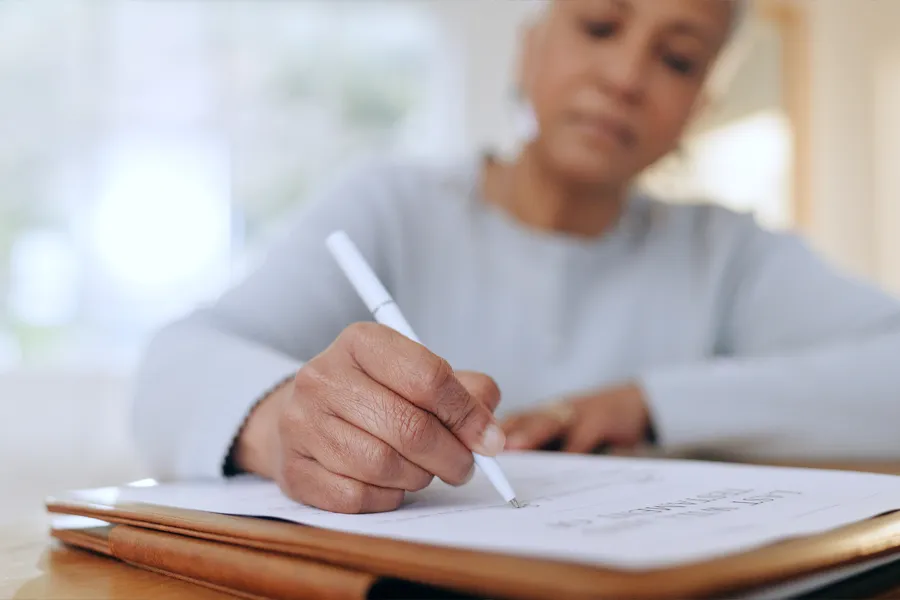As the population of Essex continues to grow, it is important to focus on the things that really matter.
Over half of Essex residents are of working age, but how many of you are making provisions for your future?
Recent research indicates that over half of adults in the UK do not presently have a will, and some of them have no intention of getting one.
Some might feel that they do not have enough assets worth protecting, but it is important to consider what will happen if you die without a will.
Rules of intestacy
Anyone who followed the tragic news around the death of former One Direction singer Liam Payne might be familiar with the concept of intestacy.
When a person dies without a will, they are considered intestate.
This means that control over their estate is given to the court who then acts according to UK law with no ability to consider the wishes of the deceased.
If you are legally married or have a civil partnership, then your partner takes priority when you die intestate.
Your partner will claim your full estate if you have no children or other descendants and if you are married or in a civil partnership at the time of your death.
Divorced partners do not factor into the law of intestacy, and neither do cohabiting couples.
If you have no valid relatives under intestacy laws, then the Crown will take possession of your estate.
How are assets split under intestacy?
Under the rules of intestacy, your partner automatically inherits:
- all the personal property and belongings of the person who has died
- the first £322,000 of the estate
- half of the remaining estate
The remaining half of your estate will be split equally among all of your children.
If you have no partner or children, your assets will be split equally between your surviving family, starting with surviving parents, siblings, or their descendants if any have predeceased.
Why you should write a will
Wills are a valuable part of your future.
They serve to divide your estate in a way that most aligns with your own beliefs and values.
Cohabiting couples, in particular, should look to include each other in their wills, as the intestacy rules do not qualify them for inheritance.
Your children will also likely appreciate you having a greater influence on how they benefit from your estate.
If you have any young children, a will is essential for assigning guardianship and making allocations so that they are provided.
We work to provide professional advice and support to the community and can help you craft a will that handles your estate while respecting your wishes.
Make sure that you are providing for your family no matter what. Speak to our team today for professional will-writing services that you can trust.

